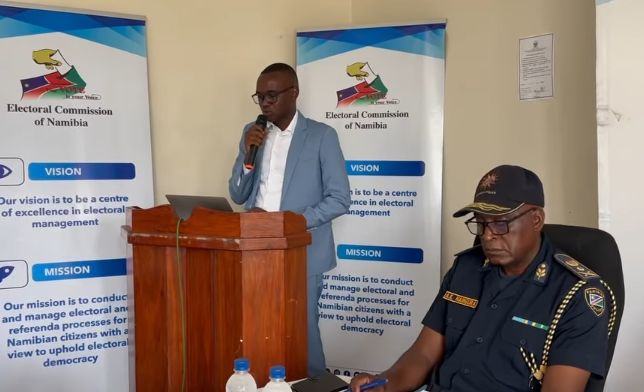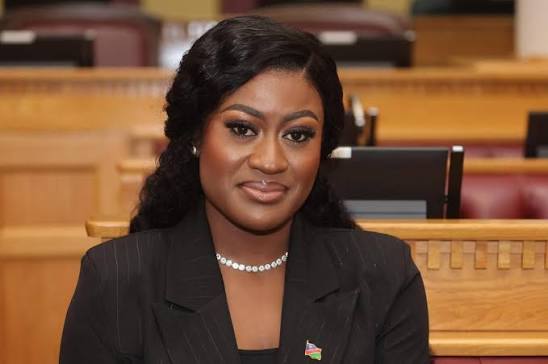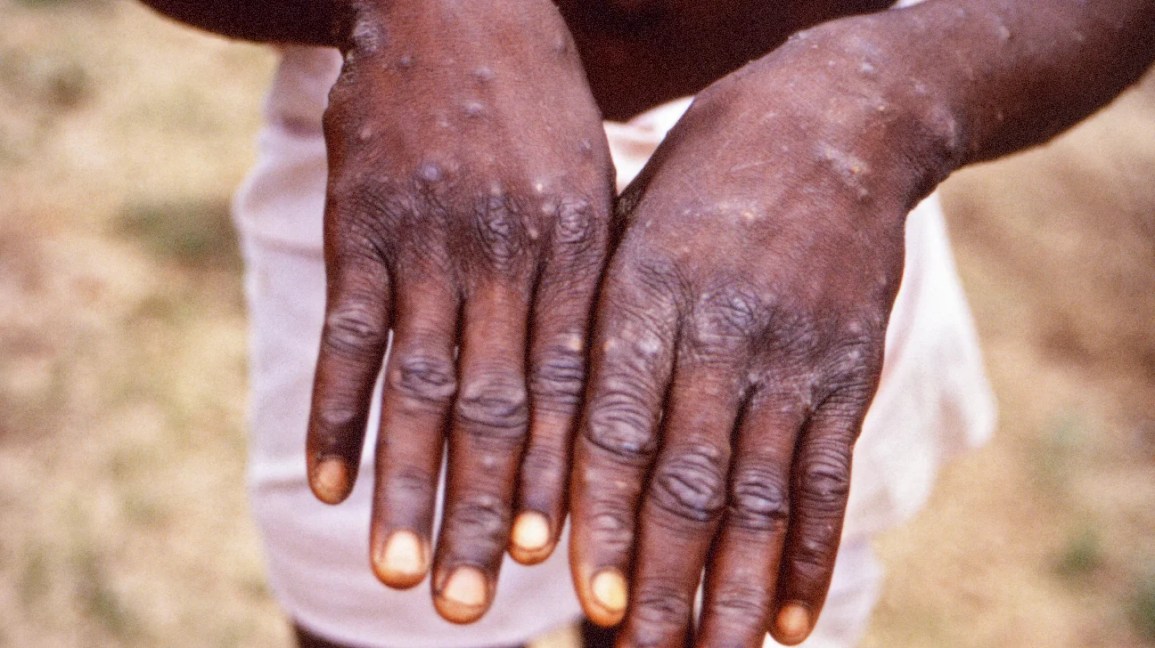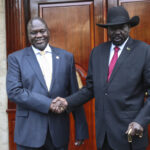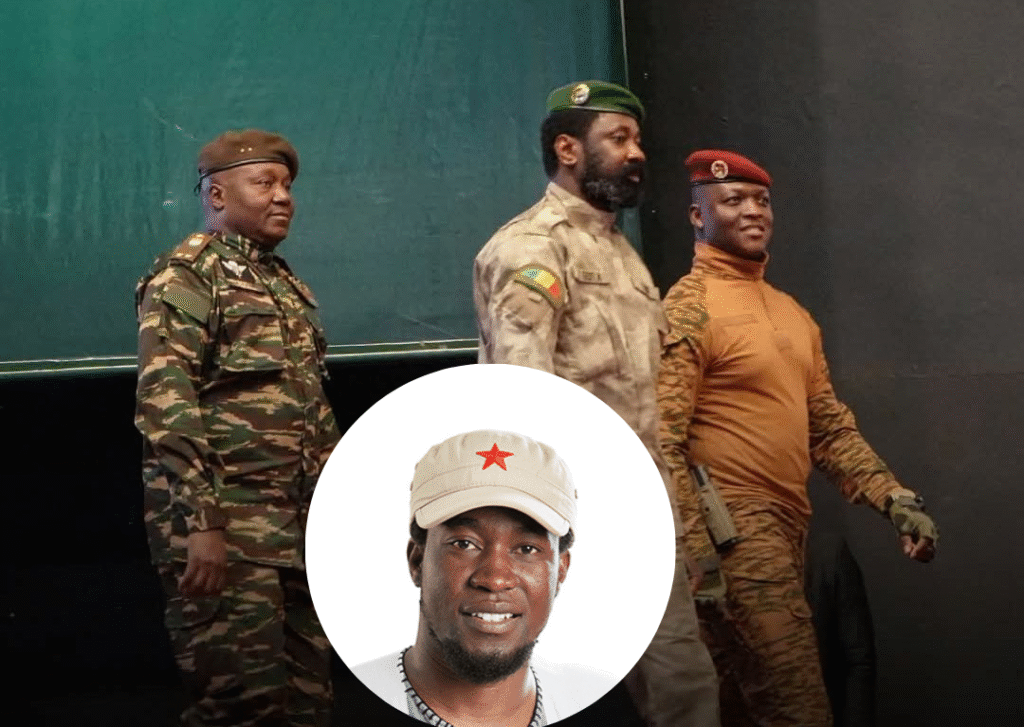
Affirmative Repositioning (AR) leader Job Amupanda has urged Namibia to reconsider its membership in the International Criminal Court (ICC), saying the institution no longer serves the interests of African nations and continues to function as a tool of Western dominance.
Addressing Parliament on Tuesday, Amupanda tabled a motion that seeks to spark a national debate on whether Namibia should follow the example of Burkina Faso, Mali, and Niger, which recently announced their withdrawal from the ICC.
Namibia Paying for “Western Instrument”
In his submission, Amupanda questioned why Namibia continues to spend millions of dollars on an institution he claims does little for African sovereignty.
“For decades, Africa has been used as a pawn in global politics, forced to endorse agendas that have nothing to do with its own priorities. The ICC is a clear example of this, Namibia pays huge sums each year just to legitimize what is essentially a Western instrument,” he argued.
Although he acknowledged that some believe the ICC is an important mechanism for accountability and the fight against impunity, Amupanda insisted that remaining a member is not in Namibia’s best interest.
Burkina Faso, Mali and Niger Withdraw from ICC
His motion comes shortly after Burkina Faso, Mali, and Niger, all military-led governments in West Africa, jointly announced their withdrawal from the ICC. The three nations accused the court of practicing selective justice, disproportionately targeting African leaders while ignoring abuses committed by powerful Western countries.
In their joint declaration, the governments described the ICC as a “tool of neocolonial repression” and emphasized that their exit was a step toward safeguarding sovereignty.
Under Article 127 of the Rome Statute, the withdrawal process takes effect one year after a formal notice is delivered to the United Nations Secretary-General. Until then, the countries remain bound by ICC obligations. This means that ongoing cases, such as the ICC’s 2013 investigation into war crimes in Mali, will continue to apply until the exit is finalized.
The move by the three Sahel countries has sparked criticism from international human rights organizations. Amnesty International described the withdrawal as “a serious step backwards” in the fight against impunity, while Human Rights Watch warned that victims in conflict zones would lose an important avenue for justice when national courts fail to act.
Despite the criticism, the decision reflects a broader political shift. Burkina Faso, Mali, and Niger have already distanced themselves from Western alliances, including their earlier withdrawal from the Economic Community of West African States (ECOWAS).
Amupanda’s motion signals the beginning of what could become a heated national conversation about Namibia’s position in global justice systems. If Parliament takes up the debate, Namibia would have to weigh the benefits of international accountability against the cost of membership and the perception of political bias within the ICC.
For now, Namibia remains a member, but Amupanda’s call places the ICC firmly under the spotlight, raising questions about whether the country will stand with those African states distancing themselves from the court or remain committed to the international justice framework.



